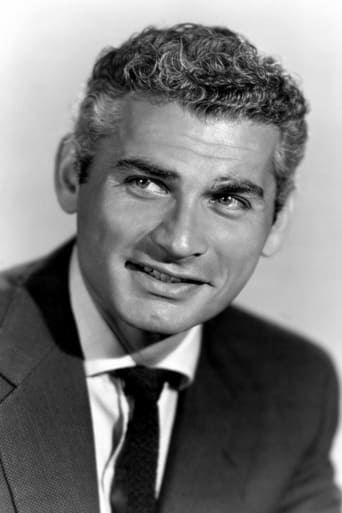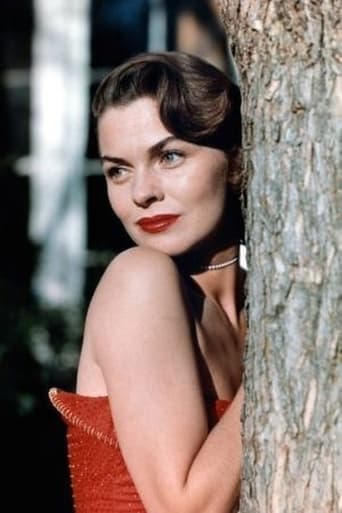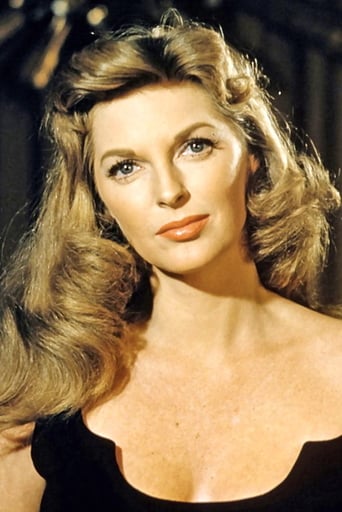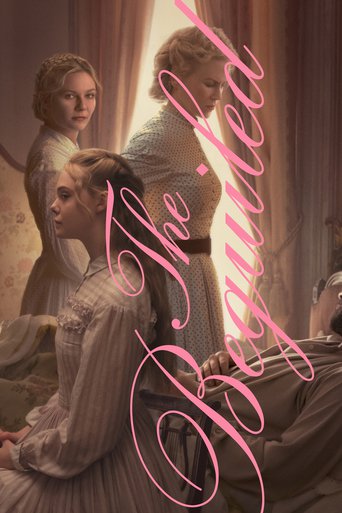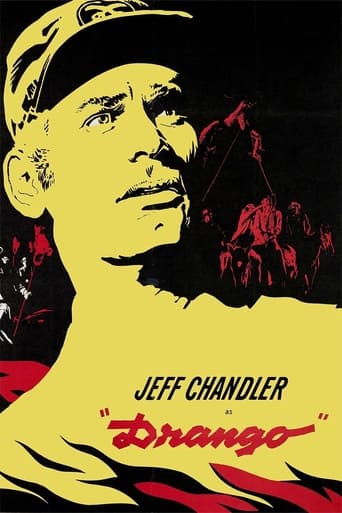
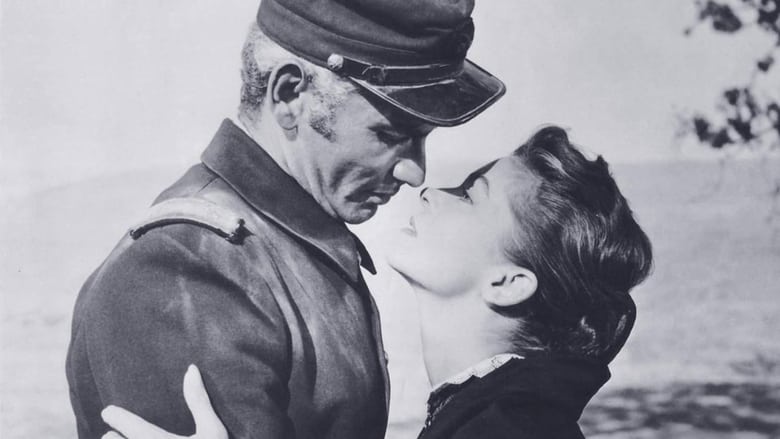
Drango (1957)
A few months after the end of the civil war, Major Drango is sent as military governor in a southern small town, whose citizens he must face the obstility.
Watch Trailer
Cast


Similar titles
Reviews
Redundant and unnecessary.
Just perfect...
brilliant actors, brilliant editing
Tells a fascinating and unsettling true story, and does so well, without pretending to have all the answers.
Drango is directed by Hall Bartlett and Jules Bricken and Bartlett writes the screenplay. It stars Jeff Chandler, Joanne Dru, Julie London, Donald Crisp and John Lupton. Music is by Elmer Berstein and cinematography by James Wong Howe.In the months that followed the War between the States, the South lay in pitiable desolation. Within the people, a fire still smouldered. proud, unbowed, they watched with ominous foreboding as the hated Yankees again rode down upon their land ... this time as military governors.Drango offers up two genuine delights for fans of Westerns and Civil War pieces. Firstly it further adds weight to the pro argument case for Jeff Chandler being under valued as an actor, secondly is that the theme of the reconstruction period at the end of the Civil War simply doesn't have enough cinematic ventures. Here in plot we have Chandler as Major Drango, sent into Kennesaw, Georgia, to help rebuild a town that as part of Sherman's March he helped destroy. He is up against it since nobody trusts him and certain factions want to continue the war.Tone is magnificently set by Wong Howe's (Pursued/Hud) monochrome photography, visually sombre as it portents troubles ahead, this is at one with Major Drango's battle to not only win over the town, but also to exorcise his demons. The bitterness left over from the war is evident, strikingly born out by some scenes that stir the emotional heart, while the political machinations on offer are deftly played into the narrative. The two ladies of the piece are most important, each offering up a different side of the political divide, with both Dru and London competent in their acting turns. Action is played well enough in a film that has more to say in characterisations than blood stirring for sake's sake, all while the great Elmer Bernstein provides a score that tantalises the tonal flow of the narrative. The whole thing is anchored by Chandler's strong performance, for even when he is not delivering potent dialogue from a thought provoking script, he exudes pained anguish via visual touches, believably so.The absence of black characters has rightly been noted across the review spectrum, the area where the story is set and the period of reconstruction at the film's heart demands more insight there. And yes! it can be argued that there's a little bias in the writing. But this holds up as a most intriguing pic, it's well performed, with technical merit as well, whilst simultaneously reminding us all that the end of wars doesn't mean work isn't still to be done. 7/10
For a story set in Georgia in late 1865 the absence of any blacks in the town and surrounding rural areas is utterly absurd. The labor force the farmers would mobilize to replant would have included the freed slaves. They would certainly have been a source of support for the Union military government. The movie perpetuates the cry-baby version of history that the state of Georgia has foisted on the consciousness of the nation. Sherman's armies did not ravage Georgia anywhere near as bad as they complain. They did NOT routinely burn down houses and churches and schools. They did destroy supplies that could help the military effort of the South. It was noted at the time that where Sherman marched through Georgia, hardly a house in any town was torched. By contrast, when the same armies marched through South Carolina, hardly a house in any town was left standing. That was no accident. Sherman blamed South Carolina for the war and gave orders to his men to burn everything. When his armies crossed the border into North Carolina, his forces reverted to the milder policy they had observed in Georgia. South Carolina was the only state of the Confederacy whose citizens did not supply at least one regiment for the Union army. In all the others there were Unionists who made their way north to enlist and fight for the United States.
Either previous reviewers are confused as to exactly who John Lupton is or they're not watching the same movie I am. Previous reviewers state that Lupton's character Capt. Banning is out for revenge against the south-Incorrect! Banning is Major Drango's adjutant. His role in the film is more of a "spear carrier" than anything else. "Capt. escort the lady home"-"Capt. Go get the Doctor"- He expresses almost no opinion through out the film except on Christmas day when he tells the Major he needs to take a day off.Another reviewer has confused the characters completely and has Capt. Banning as the son of the Judge when in actually it is Ronald Howard, the Confedrete Villin...On the whole I thought this was a good plot but to squeezed into a short film to explore the subject properly. I like Jeff Chandler, but he overacts way to much in this one.
This film reveals a lot about the reconstruction era in the U. S. after the Civil War. It is amazing to see this era explained without an agenda or politically correct spins that Americans are fed now. The post Civil War era in the South shows the hardships the people faced and how one honorable Yankee military governor attempts to handle it.


